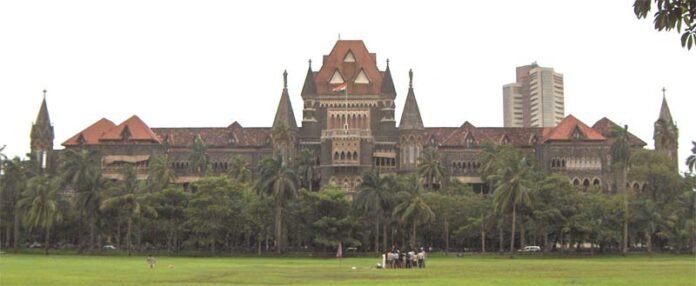In a landmark decision nearly two decades after the deadly Mumbai local train blasts, the Bombay High Court on Monday acquitted 12 individuals who had been convicted for their alleged involvement in the terror attacks that shook India’s financial capital in 2006.
The division bench, after extensively reviewing the evidence and trial proceedings, ruled that the convictions handed down by the special Maharashtra Control of Organised Crime Act (MCOCA) court in 2015 lacked sufficient corroboration and did not meet the threshold of proof required in a criminal case. The court noted inconsistencies in the prosecution’s case, including questions around confessions, recovery of explosives, and forensic evidence.
The 2006 serial blasts occurred on July 11 during the evening rush hour, targeting Mumbai’s suburban train network. Seven blasts took place within a span of 11 minutes between 6:24 pm and 6:35 pm on first-class compartments of local trains. The attacks killed 189 people and injured more than 800, making it one of the deadliest terror incidents in Indian history.
The trial, which began in 2007, concluded in 2015 with the conviction of 13 people — 5 were sentenced to death and 7 to life imprisonment. One person was acquitted at the time. However, following appeals and years of legal scrutiny, the High Court today overturned the convictions of 12 of them, citing “serious procedural lapses” and “lack of credible evidence.”
The court observed that several of the confessions allegedly made by the accused were recorded under questionable circumstances and not adequately supported by independent evidence. It also raised doubts over the chain of custody of explosives and pointed to gaps in witness testimonies.
Legal experts have described the verdict as a significant moment in India’s criminal justice system, reflecting the importance of due process, even in high-profile terror cases. Families of the acquitted expressed a mix of relief and anguish — relieved that justice had been done after years of incarceration, yet anguished over the years lost.
State authorities have not yet announced whether they will challenge the acquittals in the Supreme Court. A senior official in the state’s legal department stated that the judgment is under review and a decision will be made after a detailed legal analysis.
The decision has also reignited public debate on prolonged trials, custodial rights, and the need for judicial reforms to ensure that justice is both timely and fair. Several civil rights groups welcomed the verdict, calling it a reminder of the fallibility of the legal process and the human cost of wrongful incarceration.
Meanwhile, survivors and families of those killed in the blasts have voiced their pain and frustration, demanding accountability and urging the government to continue pursuing justice for the real perpetrators. Some have called for a reinvestigation into the case, emphasizing the need to bring the actual masterminds to justice.
The acquittal comes as one of the most significant reversals in a major terrorism case in India, raising questions about investigative procedures and the reliability of confessional evidence obtained under special laws.



































